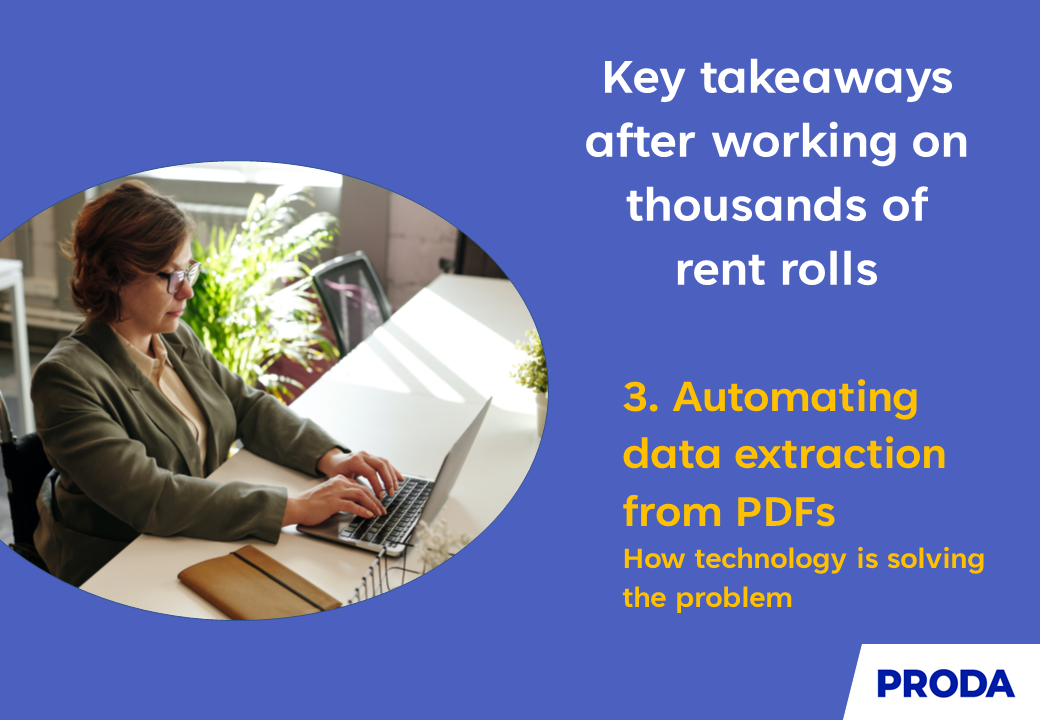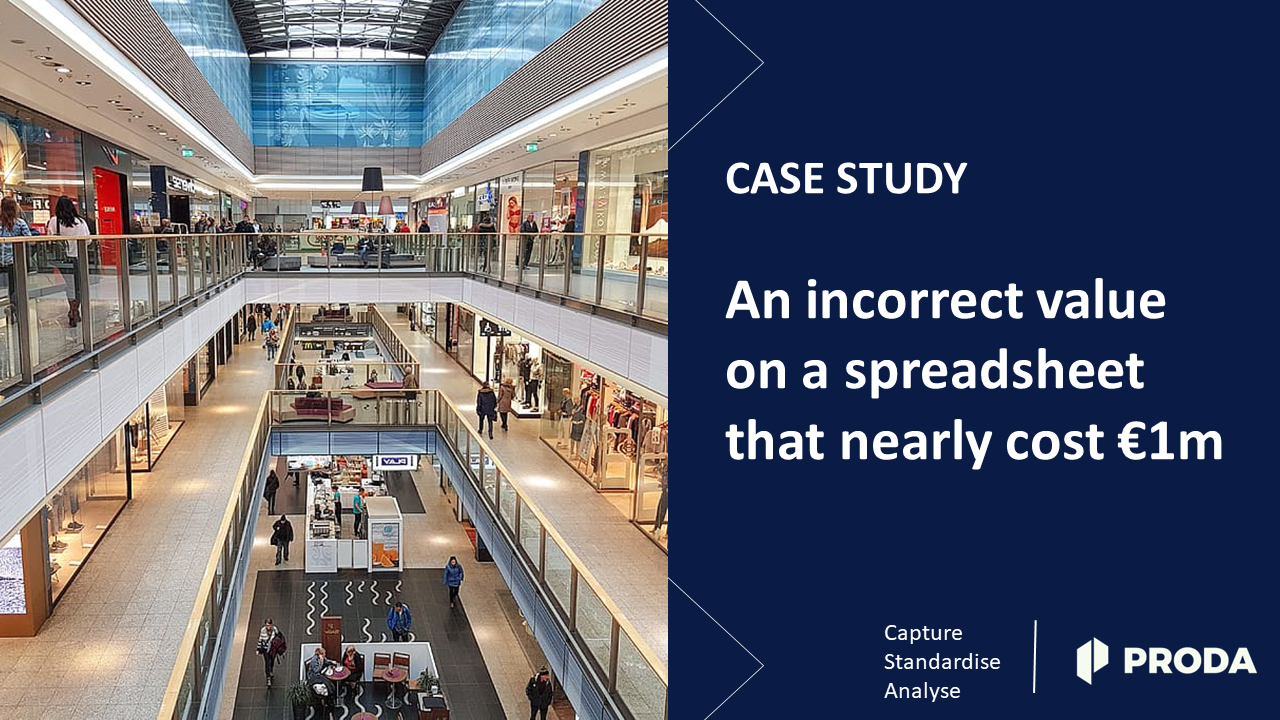What is the right strategy for the Commercial Real Estate market during the current crisis?
As we all enter the eighth week of the lockdown; as Zoom fatigue spreads across the globe and as the environment continues to heal (I have never heard so much birdsong or seen as many stars as I have in the last few weeks!), the Commercial Real Estate market seems to be dividing into 3 distinct camps.
There are those organisations (often some of the largest) that have really battened down the hatches, furloughing great swathes of staff; issuing edicts about ceasing all external spend; postponing or cancelling internal projects and generally adopting a siege mentality.
The 2nd group are focused purely on managing their current portfolios as new transactions have dried to a trickle. There are huge efforts underway to manage defaults from tenants and to try and ensure that income continues to flow through the business. The reality is that whenever we do emerge blinking from the darkness that we currently find ourselves in, those assets will still be there, still have tenants and still need to be managed.
The final group are those funds, operating partners and property managers that are using the current climate as the perfect foil to enable them to start future-proofing their business by the assessment of their digital transformation needs and the evaluation of technologies that will help them achieve their long-term goals in a more efficient and effective way. They believe (and I agree with them) that this will give them competitive edge in the new normal; allow them to drive cost-efficiencies and increase productivity across their teams. As an industry, we have been talking about digital transformation for the last 7 or 8 years but the actual adoption has been slow.
The siege strategy, will be highly effective at conserving resources, but does it position those organisations for the new world that awaits us? Whilst the future is unclear, one thing is certain: it will be very different from the one we knew at the end of 2019 and the first 2 months of 2020. It is reasonable to assume therefore that doing nothing other than saving costs may be flawed in its’ approach and could allow the competition to steal a march. Focusing on the current portfolio is clearly critical. Tenants are finding it hard to make payments as their revenues dry up. This is particularly difficult in the retail and hospitality sectors, but no market is exempt from the challenge. I am convinced that we will reap what we sow – those landlords and asset owners that are empathetic in their approach will receive their rewards in the future.
Transaction volumes will improve again as the virus is slowly beaten, & those that are in a position to be nimble and adept at seizing the opportunities that present themselves will be in a strong position. This means, deploying and integrating technologies that allow for improved analysis of the core data sets such as PRODA.
The final strategy is bold but relatively risk-free. Transaction volumes will improve again as the virus is slowly beaten (and it will be beaten, even if we have to wait for a vaccine to be truly confident that the world has won) and those that are in a position to be nimble and adept at seizing the opportunities that present themselves will be in a strong position. This means, deploying and integrating technologies that will give visibility into deal pipelines, such as Coyote (coyotesoftware.co.uk); that speed up the overall transaction process and that allow for improved analysis of the core data sets such as PRODA’s rent roll data management solution (proda.ai).
Understanding of, and confidence in the data that underpins both investment decisions and asset management processes will become as important as never before. Instead of the analysis and underwriting process taking weeks if not months, the deployment of systems can bring this down to days and even hours. As the market inevitably becomes flooded with distressed assets, that nimbleness could be the difference between a good and a bad deal; between winning and missing out and therefore between coming out of our current situation stronger or weaker. Therefore, the intelligent and rapid use of technology will be pivotal to success.
As with the chaos caused by the dot.com crash in 2001 and the financial crisis of 2008, the markets will recover – they always do. The question is how long will it take? And who will be best positioned to take advantage of it? That will be dictated by which strategy proves to be most effective.
Only time will tell which approach will win. But as Warren Buffet once said “It’s only when the tide goes out that you discover who’s been swimming naked”.
***
Written by David Oates
Chief Revenue Officer
PRODA Ltd
For the latest news and updates follow PRODA on Twitter and LinkedIn.




